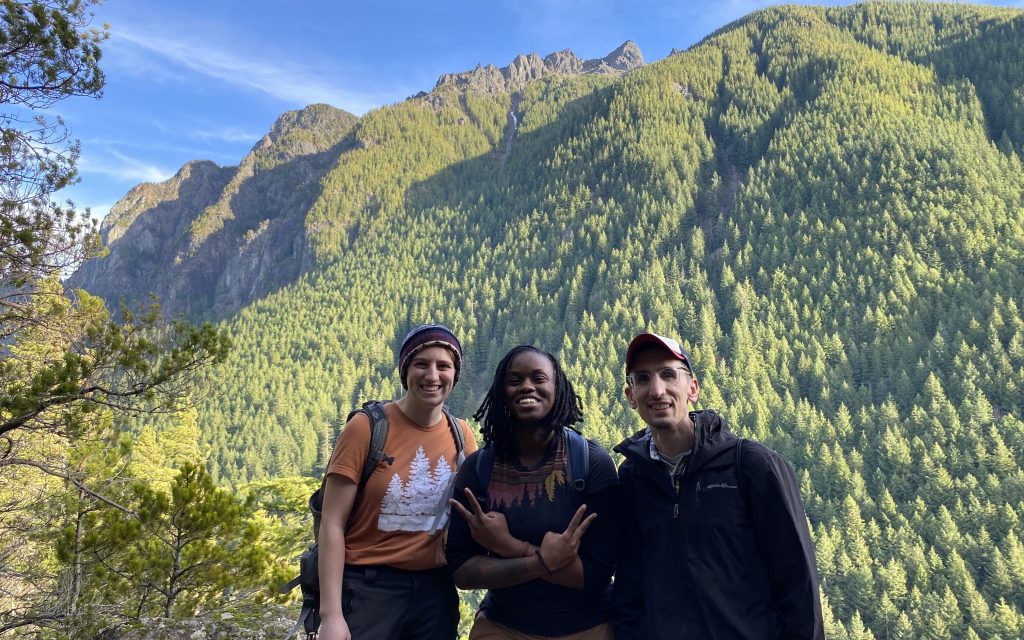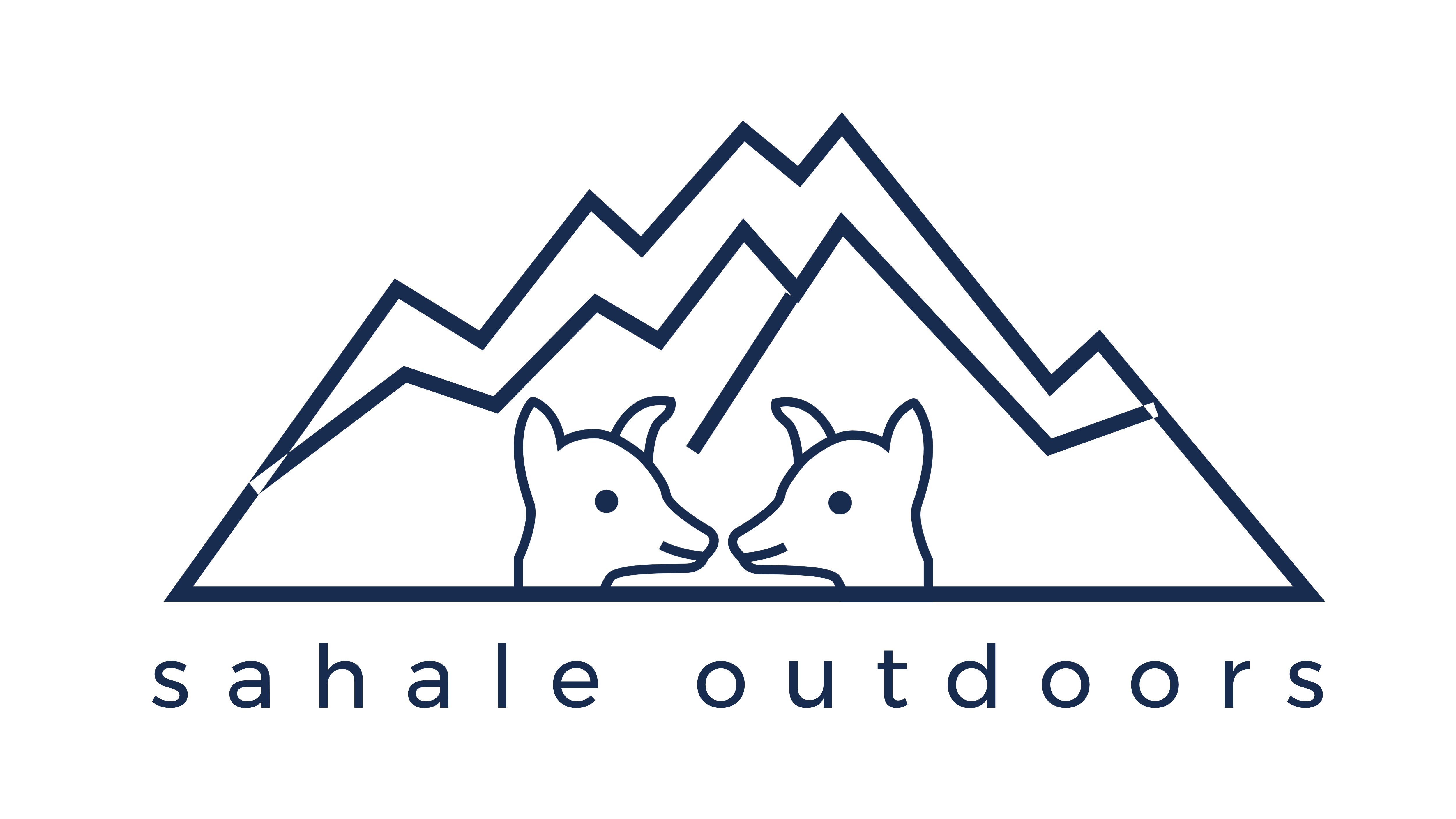
Intro to Hiking
Intro to Hiking

Step into the great outdoors and discover the joy of hiking with Sahale Outdoors! Our guided hike is more than just a walk in nature—it’s an opportunity to learn essential skills for safe and enjoyable adventures.
What You’ll Learn:
- How to select the right gear for your journey.
- Choosing and planning your hiking routes.
- Pro tips for layering, packing, and staying comfortable.
- Risk management strategies to keep you safe on the trail.
Adventure Schedule:
- Start Time: Meet us at 9 AM at our base in Fife for a comprehensive orientation.
- Orientation Highlights: Learn what to pack, how to plan your hike, and get hands-on tips for trekking gear and trail safety.
- Hiking Together: After orientation, we’ll head out for a guided hike through breathtaking landscapes. Expect a fun, supportive, and inclusive experience designed for everyone—whether you’re a first-timer or a seasoned hiker!
- Wrap-Up Time: We’ll return around 5–6 PM, depending on trail conditions.
What We Provide:
- Transportation to and from the trailhead.
- Trekking poles and backpacks (available upon request).
- Additional hiking gear if requested in advance.
What to Bring:
- Lunch and plenty of snacks to fuel your day.
- Packing List
Come hike with us and gain the confidence to explore the outdoors while connecting with nature and fellow adventurers. We can’t wait to share this experience with you!
Highlights
Learn more about hiking in a fun, welcoming, accessible environment
Difficulty Level
Beginner: Learn to select a trail that is a good fit for you!
Price: $110 per person
Covers guides, all gear rental, transportation, and entrance fees, permits, and passes.
*Our minimum number for this trip is 4. If at least 4 people are not signed up, participants will be refunded for the cancelled trip.
Sliding Scale Pricing:
Our mission is to make outdoor recreation accessible to all. If you cannot afford the total trip cost right now, request sliding scale pricing here:
Indigenous Land
Nisqually
“It [Lushootseed] is from the beginning strength of the people, and it is from what the Creator put down upon this land for people…. The earth speaks. The animals speak. Everything has a voice.”
Vi Hilbert, Grandmother Video Project
The traditional homeland of the Nisqually people includes about two million acres of the Nisqually River drainage from Mt. Rainier to Olympia. They have inhabited this land for thousands of years, since, according to their history, their ancestors, the Squalli-absch, came north across the Cascades from the Great Basin. Nisqually life, territory, and culture have been heavily impacted by the European invasion of the Puget Sound area, and they have fought hard to maintain their identity and dignity in the face of displacement, violence, and suppression. Multiple names around the Puget Sound area honor Leschi, a war chief of the Nisqually Tribe during the mid 19th century, who, along with his brother Quiemuth, led the fight for his people’s right to remain on their ancestral homeland.
The Nisqually way of life revolves around salmon, and today, they lead the stewardship of fisheries resources in the Nisqually River area. The tribe operates two fish hatcheries on Clear Creek and Kalama Creek. The tribe’s resilience, dedication, and commitment can be seen in their continued efforts to come alongside, guide, and lead these efforts to care for the land.
Nisqually is a Southern Coast Salish language, and is a dialect of Lushootseed. Stories, songs, and other Nisqually language resources can be found on the tribe’s website, www.nisqually-nsn.gov.

